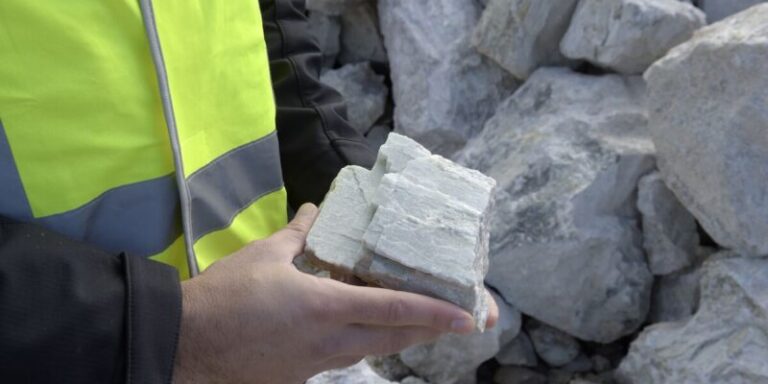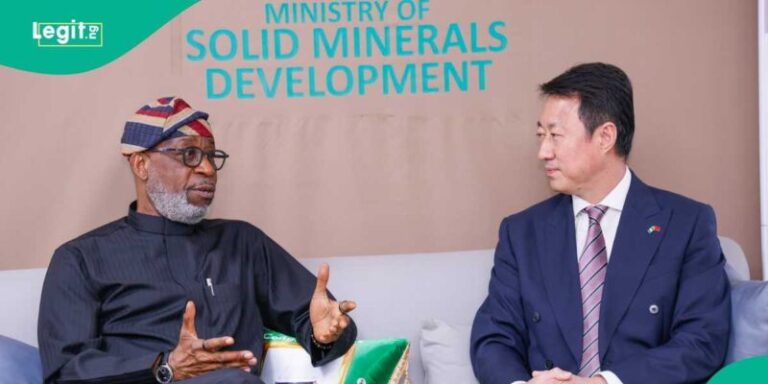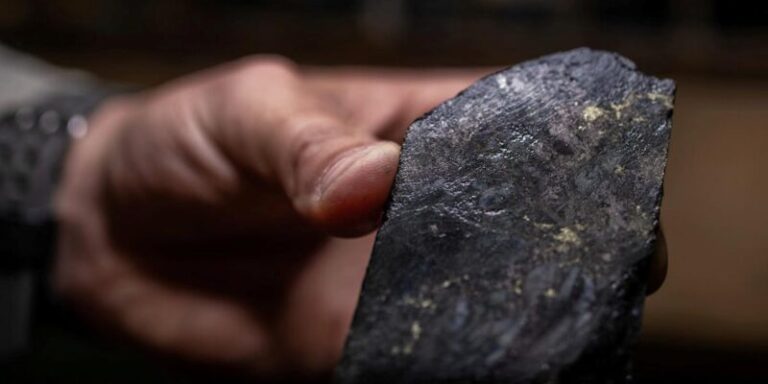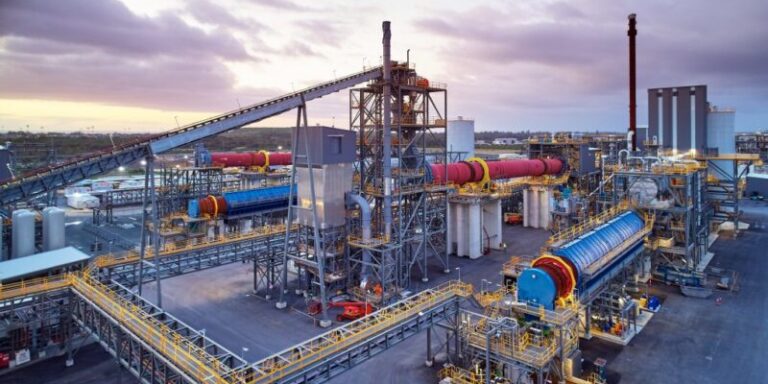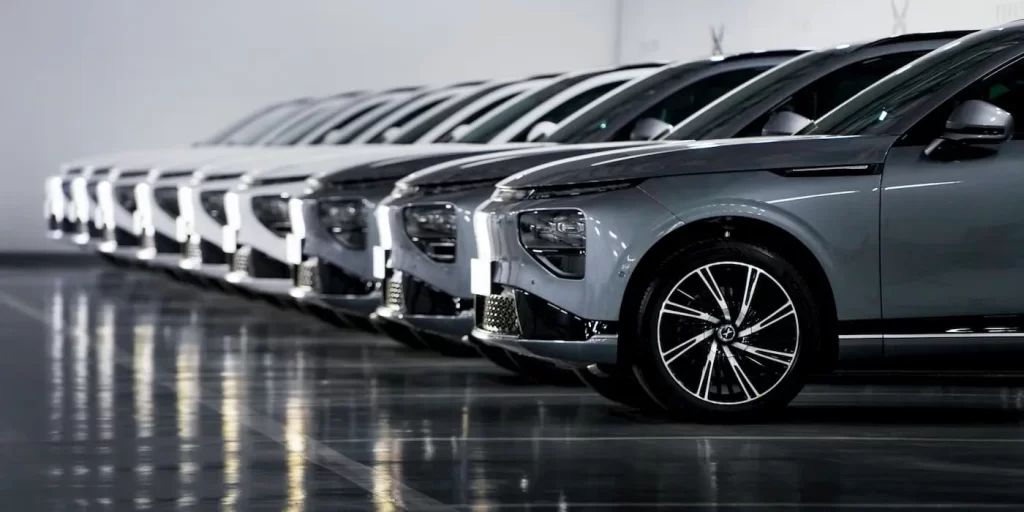
Brussels and Beijing appear to be moving closer to a compromise over the contentious issue of tariffs on China-made electric vehicles (EVs) in Europe.
Reports suggest that Chinese automakers might agree to sell their EVs at a minimum price in the European market, potentially eliminating the special tariffs introduced by the EU in late October.
In an interview with German broadcaster n-tv, Bernd Lange, Chair of the European Parliament’s Trade Committee, stated that both sides are nearing a deal.
“China could commit to offering e-cars in the EU at a minimum price,” Lange explained, adding that such an agreement would address concerns over distorted competition caused by unfair subsidies.
The EU imposed these special tariffs following an anti-subsidy investigation that revealed some Chinese carmakers benefited from excessive government support.
This allowed them to undercut European manufacturers with lower prices. The tariffs were designed not as punitive measures but as tools to ensure fair competition, with the rate varying based on the level of market distortion identified.
While the EU initially rejected China’s earlier offer of a minimum price—rumored to be around €30,000—recent discussions have revived the proposal.
“The goal isn’t to block competition but to level the playing field,” Lange emphasized. Unlike the U.S., which imposed 100% tariffs to restrict Chinese EV imports, the EU adopted a measured approach aimed at fairness.
Pressure to resolve the dispute has grown from various quarters. China has filed a complaint with the World Trade Organization (WTO) against the EU’s tariffs, while Chinese carmaker SAIC has threatened legal action within the European Court of Justice.
Within Europe, dissent also exists. German Chancellor Olaf Scholz, concerned about potential retaliatory measures affecting German automakers, has voiced his opposition to the tariffs.
Despite these tensions, Lange remains optimistic, citing China’s past acceptance of countervailing duties on other products, such as e-bikes.
“Negotiations are ongoing, and an agreement seems likely,” Lange noted. However, the exact timeline and terms remain uncertain.
For now, both sides continue to work behind closed doors, seeking a resolution that balances the interests of European manufacturers, Chinese automakers, and global trade dynamics.


